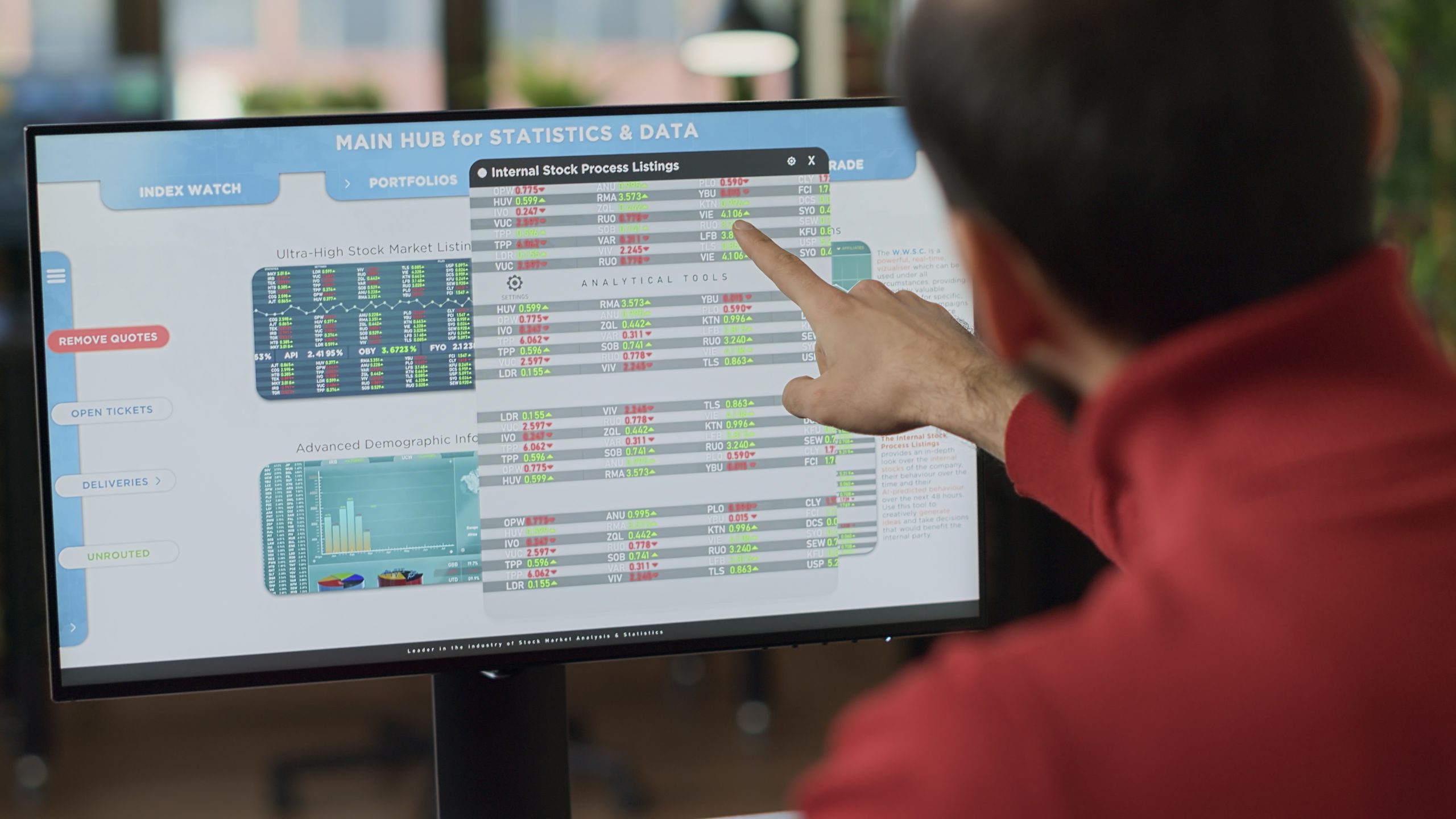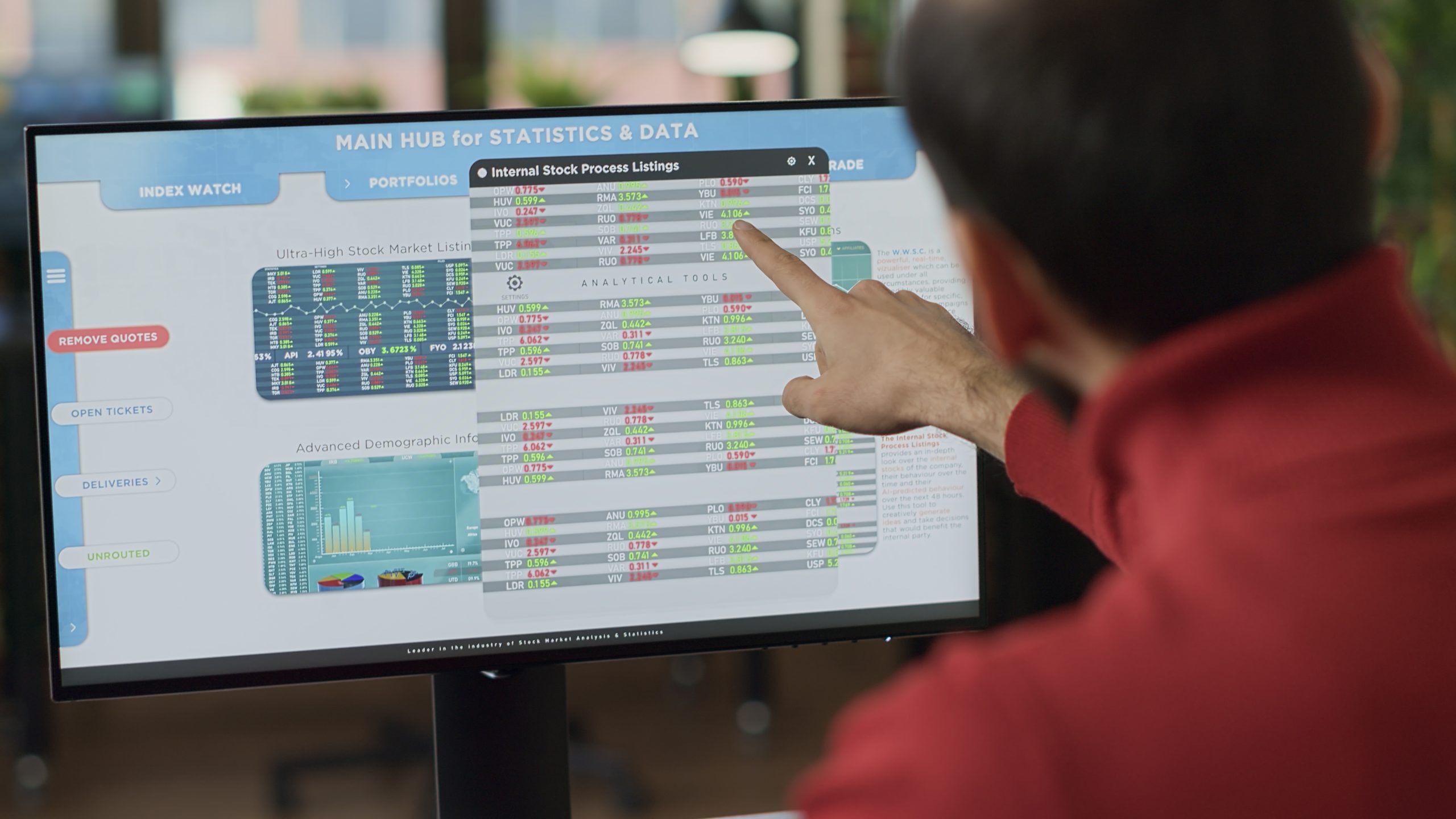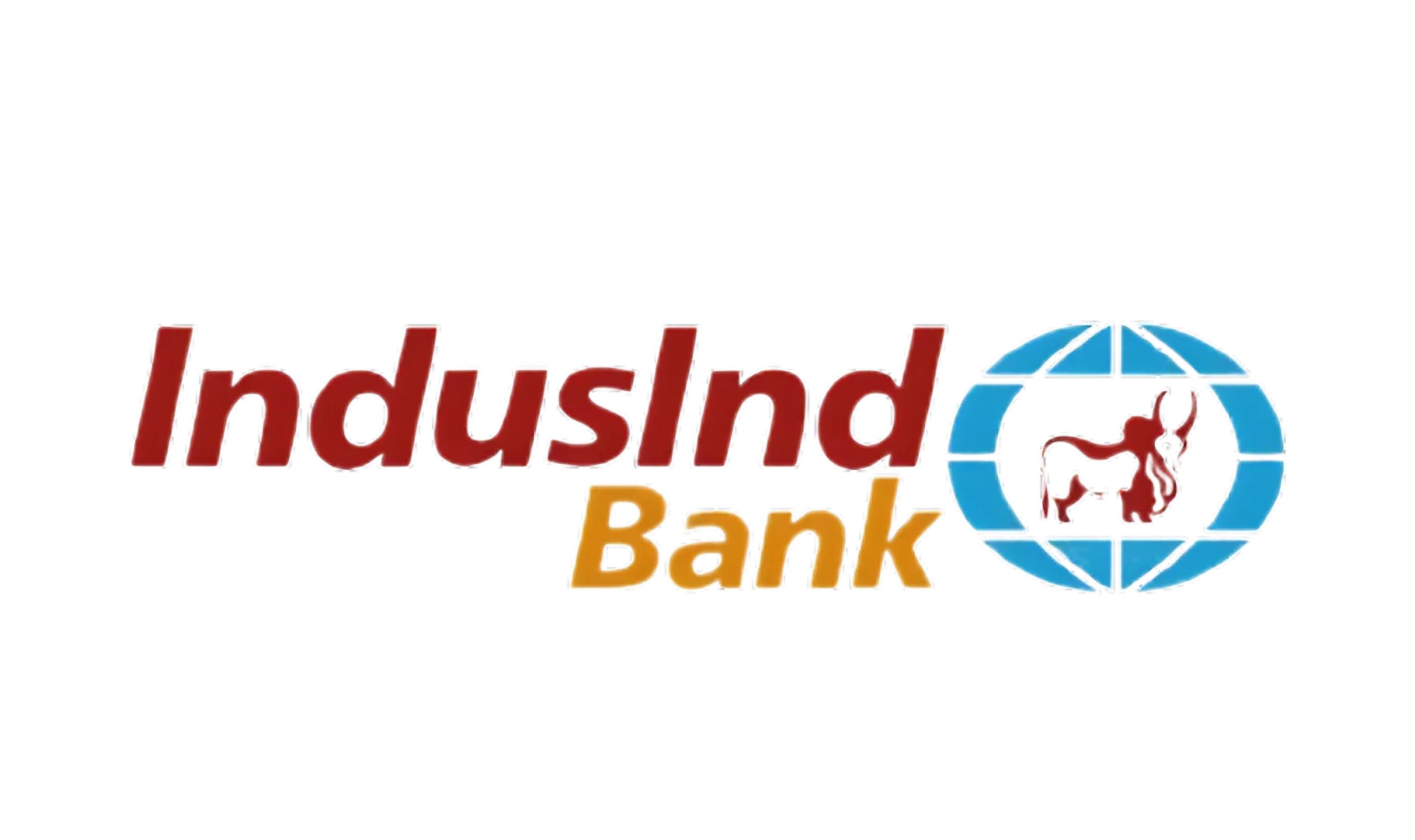Table of Contents
ToggleBorosil Renewables, a leading name in India’s solar glass manufacturing sector, recently faced a significant downturn in its stock price, which hit a 10-week low following the company’s Q3FY25 results. The stock dropped by 5%, landing at ₹472.45 per share as investors reacted to disappointing financial figures. This decline follows a broader trend that has seen the stock price fall by 27% over the last two months, shedding more than ₹170 per share. This article delves into the reasons behind the disappointing Q3 performance, the factors contributing to the stock’s slide, and the broader impact on the company’s future.
Overview of Borosil Renewables
Borosil Renewables, a subsidiary of the well-known Borosil Group, is a leading player in India’s solar glass manufacturing industry. The company specializes in producing low-iron, textured solar glass, which is a key component of solar photovoltaic (PV) modules. Solar glass plays a pivotal role in the efficiency of solar power generation, making Borosil Renewables crucial to the power sector, particularly in India’s push toward increasing its solar power capacity.
The company is integral to India’s energy transition and continues to benefit from the government’s ambitious renewable energy goals. However, despite being a significant player in the solar energy sector, Borosil Renewables is facing significant challenges, as reflected in its recent performance.
Q3FY25 Results: Disappointing Earnings
Borosil Renewables’ financial results for the third quarter of FY25 have raised concerns about the company’s ability to maintain profitability in a competitive market. The company reported a consolidated revenue of ₹361 crore, which was a modest increase from ₹330 crore reported in the same period last year (Q3FY24). However, it represented a decline from ₹373 crore in the preceding quarter (Q2FY25). While the company showed revenue growth year-on-year, the quarter-to-quarter decline raised alarm bells among investors.
The most concerning aspect of the report was the company’s EBITDA (Earnings Before Interest, Taxes, Depreciation, and Amortization), which plummeted by 79% to ₹5 crore from ₹24.08 crore in Q3FY24. This sharp decline in EBITDA is a clear indication that the company is facing significant challenges in maintaining its profitability, particularly in its domestic operations, which have been heavily impacted by falling selling prices.
Net Losses Widen
Borosil Renewables also posted a widened net loss of ₹30 crore in Q3FY25, compared to a loss of ₹16 crore in Q3FY24. This marks a significant deterioration in the company’s bottom line and is a key factor in the 5% decline in its stock price on February 17. The net loss is particularly troubling as it signals that Borosil Renewables is struggling to maintain sustainable profit margins, which could be a red flag for potential investors.
The Impact of Declining Glass Prices and Increased Competition
The primary reason behind the company’s weakened performance in Q3FY25 appears to be the significant drop in ex-factory prices. Borosil Renewables cited that the prices of solar glass, particularly from exporters in China and Vietnam, had fallen drastically, causing domestic prices to drop to unsustainable levels. According to the company’s earnings report, exporters from China and Vietnam slashed solar glass FOB (Free On Board) prices by as much as 32% between June and September 2024. This drastic price reduction has put immense pressure on domestic producers like Borosil Renewables, making it difficult to remain competitive.
In addition to this, Borosil Renewables also faced challenges due to reduced demand for solar glass in its key export markets. Export sales, which accounted for 13% of the company’s turnover in Q2FY25, dropped significantly in Q3FY25 to just 6% of turnover. The company attributed this decline to the dominance of cheap Chinese modules, which are flooding the market and reducing the demand for locally manufactured solar glass.
The Government’s Role: BCD and PLI Schemes
While Borosil Renewables is facing these immediate challenges, it is not without government support. The Indian government has implemented several measures aimed at boosting the domestic solar industry, such as the imposition of a 10% Basic Customs Duty (BCD) on solar imports, the Production-Linked Incentive (PLI) scheme, and its ambitious goal of achieving 280 GW of solar installations by 2030. These initiatives are expected to drive long-term growth in the solar glass market.
However, Borosil Renewables has noted that the BCD, while expected to benefit the domestic industry in the long run, did not immediately impact the landed prices of imported glass. The drop in prices from China and Vietnam has continued to put downward pressure on local manufacturers.
Industry-wide Struggles and Future Prospects
Borosil Renewables operates in a highly competitive sector, and while it is well-positioned as India’s first producer of solar glass, the current market dynamics are making it challenging to maintain profitability. The sharp decline in solar glass prices and the increased competition from imports are pressing issues that Borosil Renewables must address if it hopes to continue thriving.
The company’s management has expressed confidence in the long-term outlook for the solar industry, driven by growing energy demand and government initiatives. However, short-term challenges, such as lower profitability in Indian operations and reduced export sales, are expected to persist for the foreseeable future.
Borosil Renewables’ Stock Performance
The stock price of Borosil Renewables has been highly volatile in recent months. Following the disappointing Q3FY25 results, the stock was locked in a 5% lower circuit at ₹472.45, marking its 10-week low. Over the past two months, the stock has lost 27% of its value, falling from ₹643.90 per share to ₹472.45. This decline can be attributed to both the company’s weak earnings and broader market factors.
Despite the drop in its stock price, Borosil Renewables remains an integral player in India’s renewable energy sector, and investors are keeping a close eye on its performance in the coming quarters. If the company can address its pricing challenges, improve its operational efficiencies, and capitalize on long-term industry growth, it may see a recovery in its stock price.
Conclusion
Borosil Renewables’ disappointing Q3FY25 results have raised concerns about its short-term prospects, with the stock suffering a 5% drop in early morning trade. The company’s struggles with declining glass prices, increased competition from imports, and lower demand for solar glass in export markets have significantly impacted its profitability. However, with the Indian government’s supportive policies and the increasing demand for solar power, Borosil Renewables may be well-positioned for long-term growth. Investors will need to closely monitor the company’s efforts to navigate these challenges and capitalize on the opportunities in India’s booming solar industry.















0 Comments